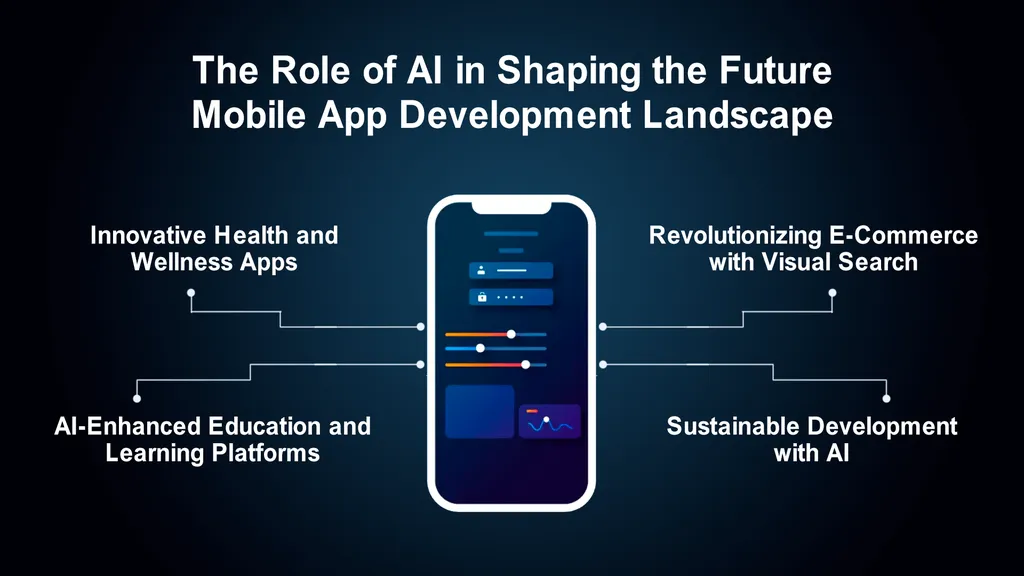In an era where smartphones are practically extensions of ourselves, a new study sheds light on how artificial intelligence (AI) is revolutionizing mobile applications, with significant implications for industries like healthcare, agriculture, and even the energy sector. Published in the *Journal of Informatics and Web Engineering* (translated from Arabic as “Journal of Information and Web Engineering”), the research, led by Asmau Usman of the Nile University of Nigeria, offers a comprehensive look at the trends and impacts of AI in mobile apps.
Over the past decade, mobile devices have seamlessly integrated into our daily lives, transforming how we communicate, work, and access information. As smartphone adoption continues to soar, developers are increasingly turning to AI to enhance app functionality and user experience. This trend has sparked a wave of research and innovation, particularly in sectors where mobile apps can drive efficiency and productivity.
Usman’s study, which reviewed 98 scholarly articles published between 2014 and 2024, provides a detailed analysis of AI applications on mobile platforms. After a rigorous screening process, 50 articles were selected for in-depth evaluation. The findings reveal a strong focus on healthcare, which accounted for 38% of the reviewed studies, followed by agriculture at 30% and education at 18%.
“The integration of AI in mobile applications is not just a technological advancement; it’s a societal necessity,” Usman explained. “AI-powered mobile apps are enhancing critical industries by offering predictive analytics, improving decision-making, and streamlining operations.”
The study highlights the prominence of machine learning (ML) techniques, which were used in 66% of the articles, while deep learning (DL) appeared in 16%. Convolutional neural networks (CNN) emerged as a key algorithm, present in 56% of the studies. These insights underscore the profound influence of AI on mobile app development and point to emerging trends and future research opportunities.
One of the most compelling aspects of the research is its emphasis on cross-platform AI development. As AI continues to transform mobile technology, the need for apps that function seamlessly across different operating systems—such as iOS and Android—has become paramount. This strategy is crucial for the scalability, accessibility, and effectiveness of the broader mobile app ecosystem.
For the energy sector, the implications are significant. AI-powered mobile apps can optimize energy consumption, predict maintenance needs, and enhance grid management. By leveraging predictive analytics, energy companies can reduce downtime, improve efficiency, and ultimately lower costs. The integration of AI in mobile applications can also facilitate remote monitoring and control of energy infrastructure, making it easier to manage resources and respond to emergencies.
As Usman noted, “The future of AI in mobile applications is bright, and its potential to drive innovation across industries is immense. The energy sector, in particular, stands to benefit greatly from these advancements.”
The study published in the *Journal of Informatics and Web Engineering* serves as a call to action for researchers, developers, and industry leaders to explore the vast possibilities of AI in mobile applications. As the technology continues to evolve, the potential for transformative impact on various sectors, including energy, is limitless. The research not only highlights current trends but also paves the way for future developments, ensuring that AI remains at the forefront of mobile innovation.

